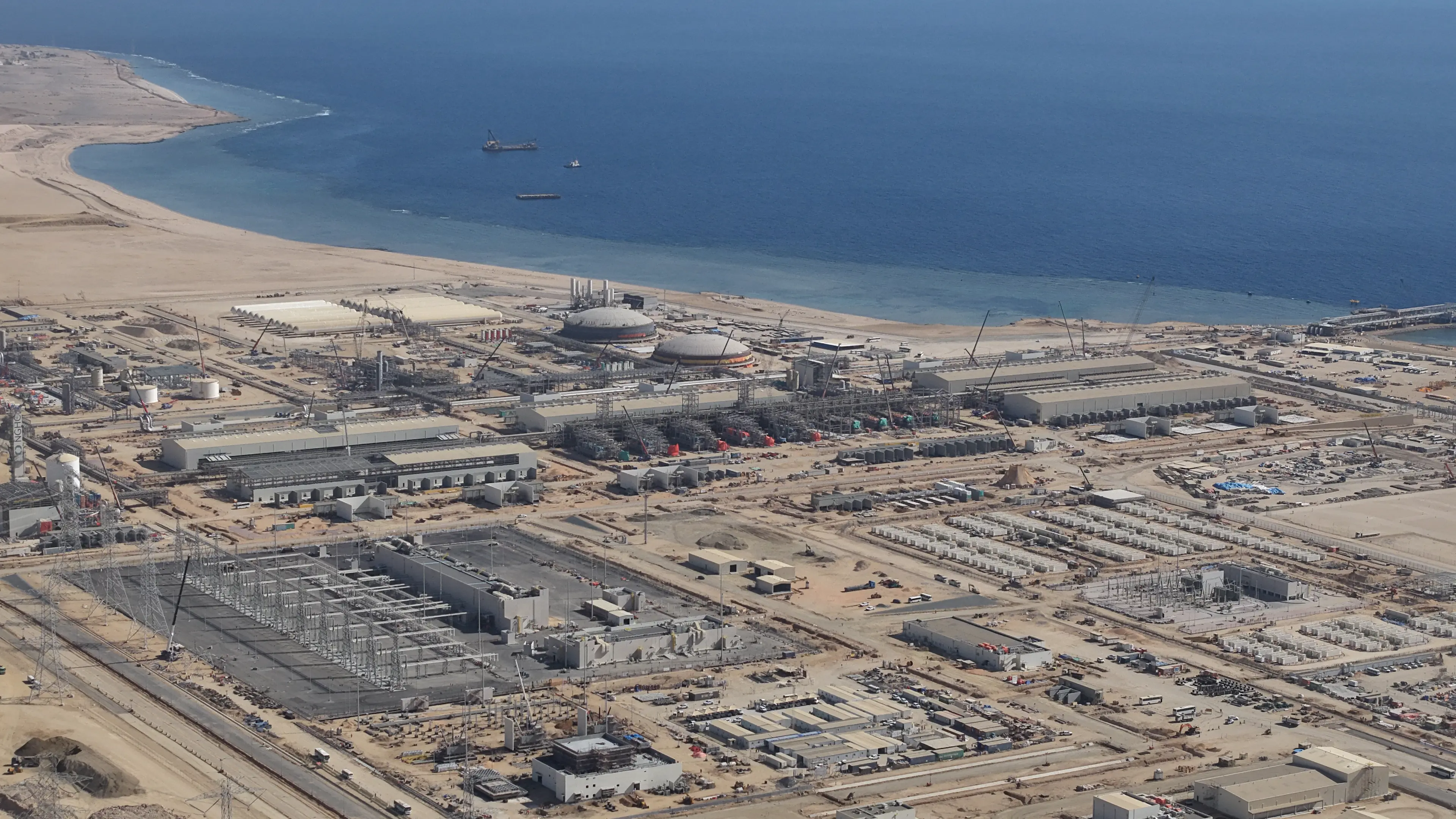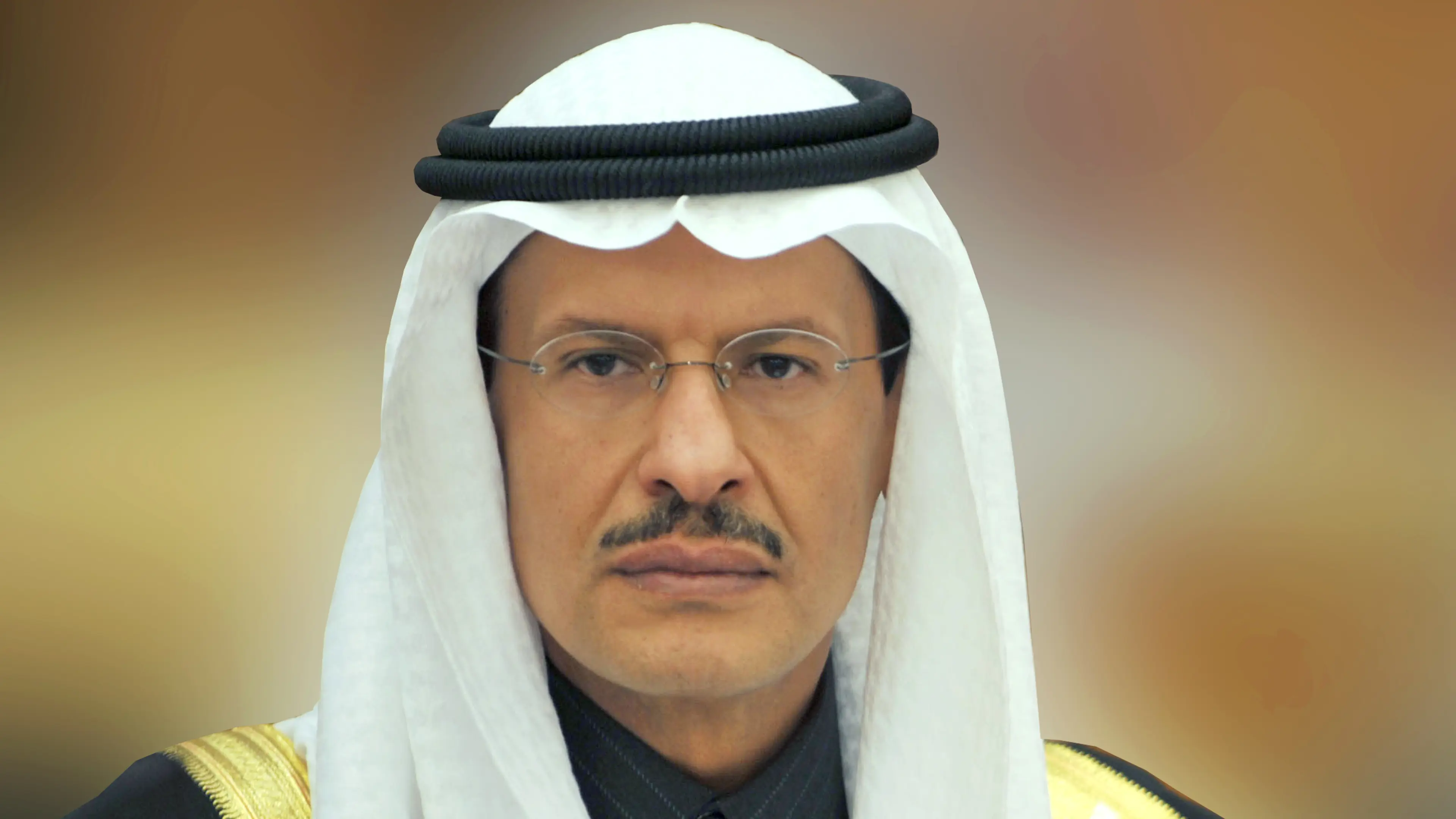Tuesday, 21 October, 2025
From sunlight to skill
How Saudi Arabia is training its renewables workforce
Shahad Alsubaie - Inside Saudi
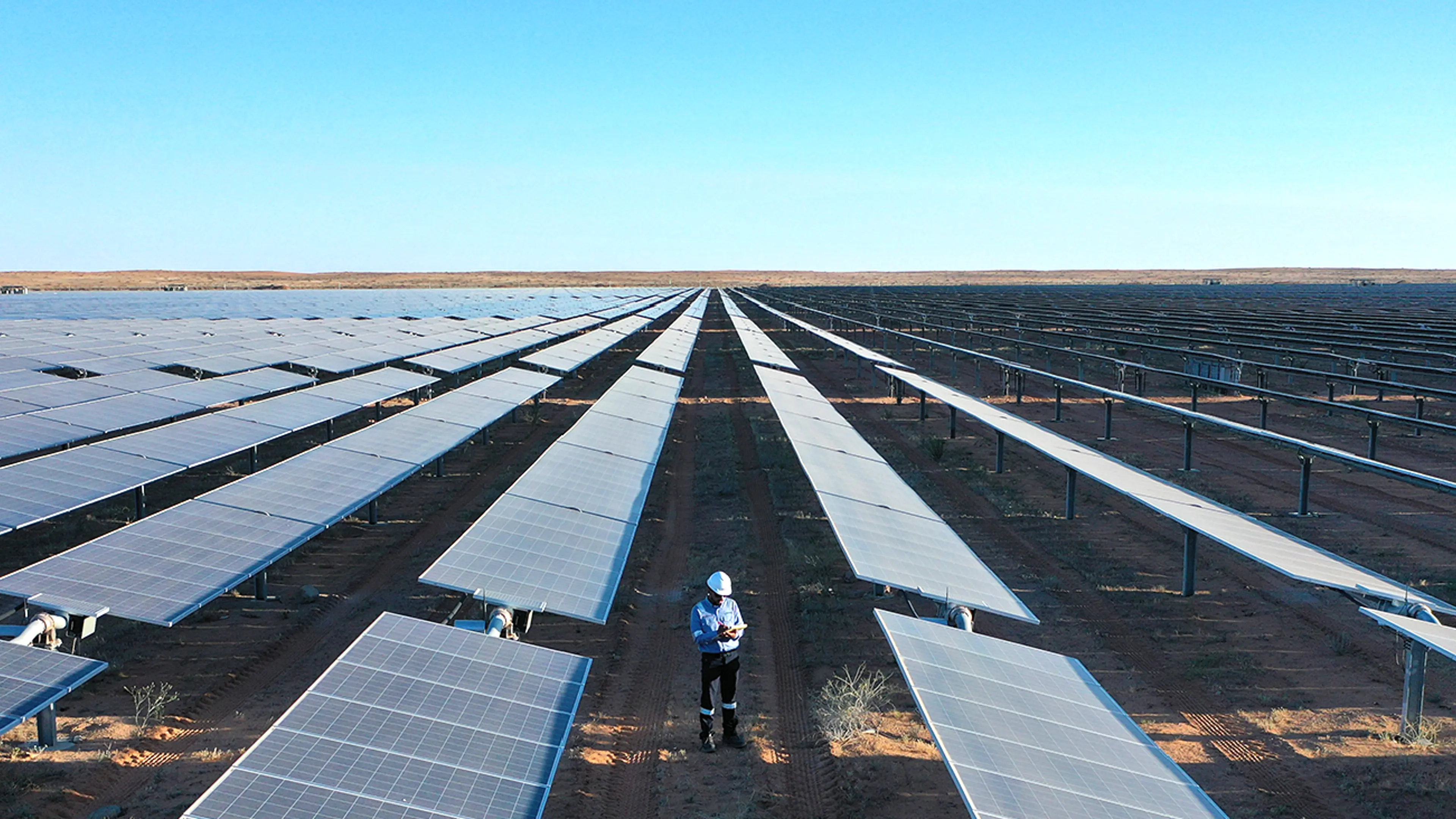
The 300 MW Sakaka Solar Power Plant, launched in 2021 as the first utility-scale renewable energy project in Saudi Arabia
The Saudi labour market has undergone a significant transformation over the past few years. KSA has already achieved its Vision 2030 target of reducing unemployment amongst Saudi nationals of 7%, with this having fallen to 6.8% during Q2 2025 according to the General Authority for Statistics’ Labor Force Survey. In addition, female workforce participation has risen to 34.5% and female unemployment has fallen to 11.3%, significantly higher than the 19% and lower than the over 30% respectively seen in 2016 when Vision 2030 was launched.
The growth of Saudi Arabia’s (KSA’s) renewables sector will further reshape the labour market, not only increasing the demand for skilled professionals, but also the need to align education and vocational training systems to secure a qualified native workforce.
KSA is aiming to achieve 50% of energy production from renewables by 2030, which entails a target of 130 GW of renewables capacity, equivalent to an increase of 20 GW per annum over the coming years. By 2060, KSA aims to reach net zero, a goal which the Minister of Energy, HRH Prince Abdulaziz bin Salman, has previously announced will be supported by up to SAR 1T ($260B) of planned investment to generate "cleaner energy" and to "add transport lines and distribution networks in order to eventually export the energy to the world and produce green hydrogen".
The Minister of Energy has previously suggested that "somewhere around 150,000 jobs" will be created in chemical plants and renewable energy facilities in the coming years. H2-diplo, a think tank supporting energy dialogue between KSA and Germany, has estimated that by 2030, KSA will need at least 90,000 renewables workers, mostly in engineering, technician and operator roles. KSA is aiming for Saudis to fill a third of these, with an increasing share over time. In addition, H2-diplo has forecasted that the development of renewable energy components manufacturing in KSA will create over 10,000 jobs over the coming years.
Whilst at current graduation rates KSA is well-positioned to meet the demand for junior business-related professionals in the renewables sector, the sector would need to attract a considerable share of the country’s engineering graduates, who are highly sought-after by other industries – so increasing their numbers will be crucial. At the same time, KSA is likely to need to upskill and reskill the traditional energy workforce as well as workers in sectors such as mining, quarrying, electricity, gas and air conditioning to meet the need for experienced hires.
This human capital transformation is happening through the combined efforts of vocational training systems, universities and industry, supported by public sector programs. We delve into some of the key institutions and initiatives below.
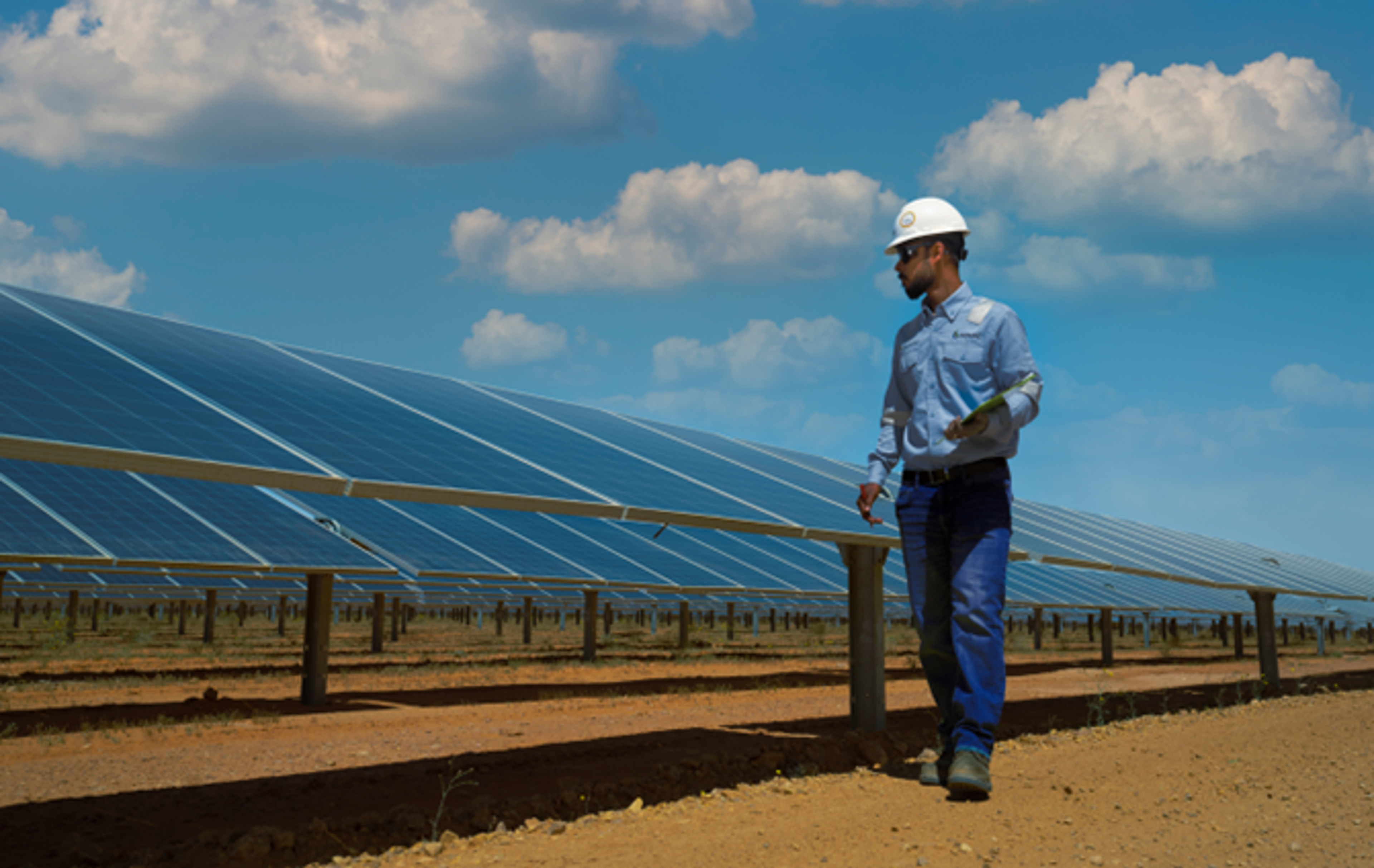
Empowering vocational training
As the Saudi renewable energy sector expands, KSA’s vocational training ecosystem is adapting to meet growing demands.
Polytechnic institutions are leading a transformative effort to engage young Saudis and particularly women in the renewable energy sector and helping to shape career paths in renewables that are attractive and inspiring for both young and experienced workers.
One of the most recently established vocational training centres is the Saudi Polytechnic Institute for Renewable Energy (SPIRE), established in 2022 with the support of the KSA’s Ministry of Energy and Technical & Vocational Training Corporation (TVTC) to deliver diploma programs, professional development and certification, and bespoke training solutions for the future renewables workforce. More detail on SPIRE is set out in the case study below, featuring an interview with its Chairman Majid Al-Refae.
Another example is Saudi Electric Services Polytechnic (SESP), which is currently collaborating with logistics giant Maersk to deliver capability building programs lasting between 6 – 18 months to over 3,000 trainees in the coming years to upskill them to enter the wind energy industry.
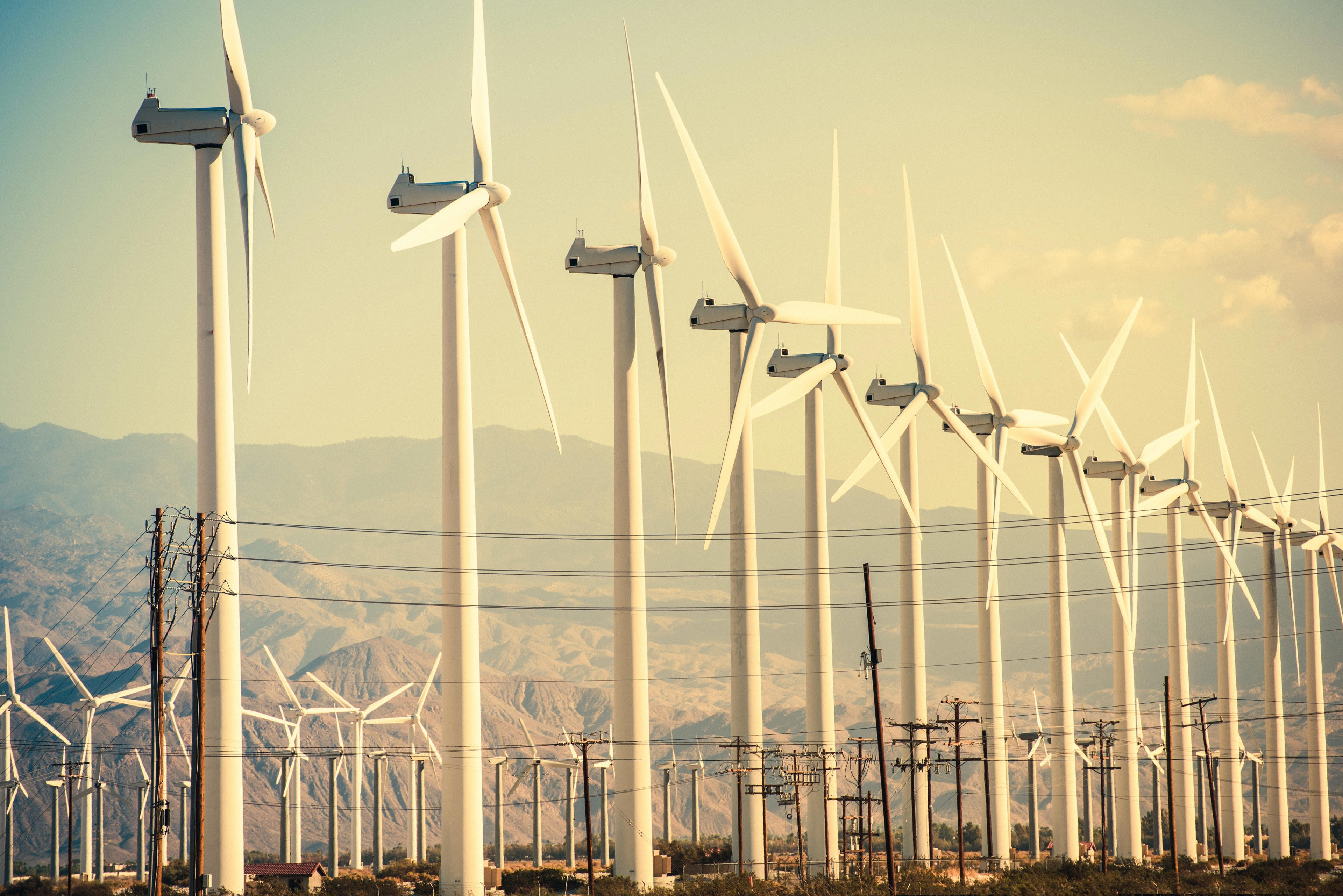
Industry initiatives
Whilst the senior international talent of companies operating in the renewables sector represents a valuable source of knowledge and mentorship for their Saudi employees, several companies have launched more formal programs to support skill development.
One of the most enduring is the National Industrial Training Institute (NITI), founded in 2014 as the result of a strategic partnership between Saudi Aramco (Aramco) and the Technical & Vocational Training Corporation. NITI offers industrial training mainly to high school graduates to qualify them to work in the oil and gas, petrochemical, energy and construction sectors, as well as supporting industries.
Also co-founded in 2014 by Aramco was the National Power Academy (NPA), where it has been joined in partnership by the Saudi Electricity Company, Marafiq (the power and water utility company for Jubail and Yanbu), the Saline Water Conversion Corporation, General Electric, Siemens, Schneider Electric, the TVTC represented by Colleges of Excellence, and King Fahd University of Petroleum and Minerals. NPA offers specialised programs in six training tracks tailored to meet the needs of the energy sector – electrical, smart grid, renewable energy, system control and protection, network operation, and instrumentation and control – and all trainees are guaranteed roles upon graduation.
More recently, NEOM Green Hydrogen Company, set to become the world’s largest green hydrogen producer, has partnered with the Energy and Water Academy (EWA) to upskill Saudi nationals on subjects related to the operation, maintenance and optimisation of green hydrogen plants. Two programs – the first of their kind in KSA – are now available: a two-year program in Renewable Energy Technology and Green Hydrogen aiming to turn technical college and science graduates into technicians, and a year-long program designed for engineering graduates.
EWA, whose strategic partners and sponsors include KSA’s ACWA Power, Advanced Electronics Company and El Seif Engineering Contracting, is a leading training institution supporting the energy, water and related industries. It recently launched of Saudi Arabia’s first industry-integrated diploma in Data Science and Artificial Intelligence, in collaboration with DataVolt and Innovatics.
Enabling public institutions
In addition to the Ministry of Energy, Ministry of Education and TVTC, which is responsible for licensing vocational training institutions and overseeing the delivery of programs via the National Center for Strategic Partnerships, there is considerable public sector support for the required human capital transformation.
For example, the Human Resources Development Fund (HRDF) has emerged as a key source of financial support for the training, qualification and employment of Saudi nationals by the private sector, as well as funding for training institutions. HRDF also sponsors the Tamheer Program, which provides six-month on-the-job training programs for Saudi graduates, including engineering graduates, to support their transition to full-time employment.
Moreover, the Human Capacity Development (HCD) Sector at the King Abdullah City for Atomic and Renewable Energy, a key public research entity, serves as the national orchestrator and pacesetter for developing the human capabilities essential for advancing all of Saudi Arabia's energy sectors.
People power
Saudi Arabia is benefitting from a demographic dividend – over 60% of Saudis are under 35, according to the General Authority for Statistics, with enormous potential in that they are highly educated and ambitious, but yet to be fully harnessed.
Whilst landmark renewable projects such as the 300 MW Sakaka Solar Power Plant, 400 MW Dumat Al Jandal Wind Farm, and more recently, the massive 1.5 GW Sudair Solar Project and $8.4B Neom Green Hydrogen Company, have captured the world’s attention, just as inspiring are the stories of young Saudi talent being formed into a qualified workforce ready to meet the Kingdom’s future energy demands.
KSA stands at a pivotal moment in its economic and social development and the authorities recognise that building robust human capabilities is crucial. Numerous initiatives have been launched to enhance the skills, knowledge, and competencies of Saudi citizens, and are being executed simultaneously with public sector efforts to create an environment conducive to private sector growth, innovation, entrepreneurship and global competitiveness. By investing in its people today, Saudi Arabia is building a prosperous and sustainable future beyond oil – one where its greatest resource is not what lies beneath the sand, but the abilities of its citizens.
We look forward to keeping you updated.
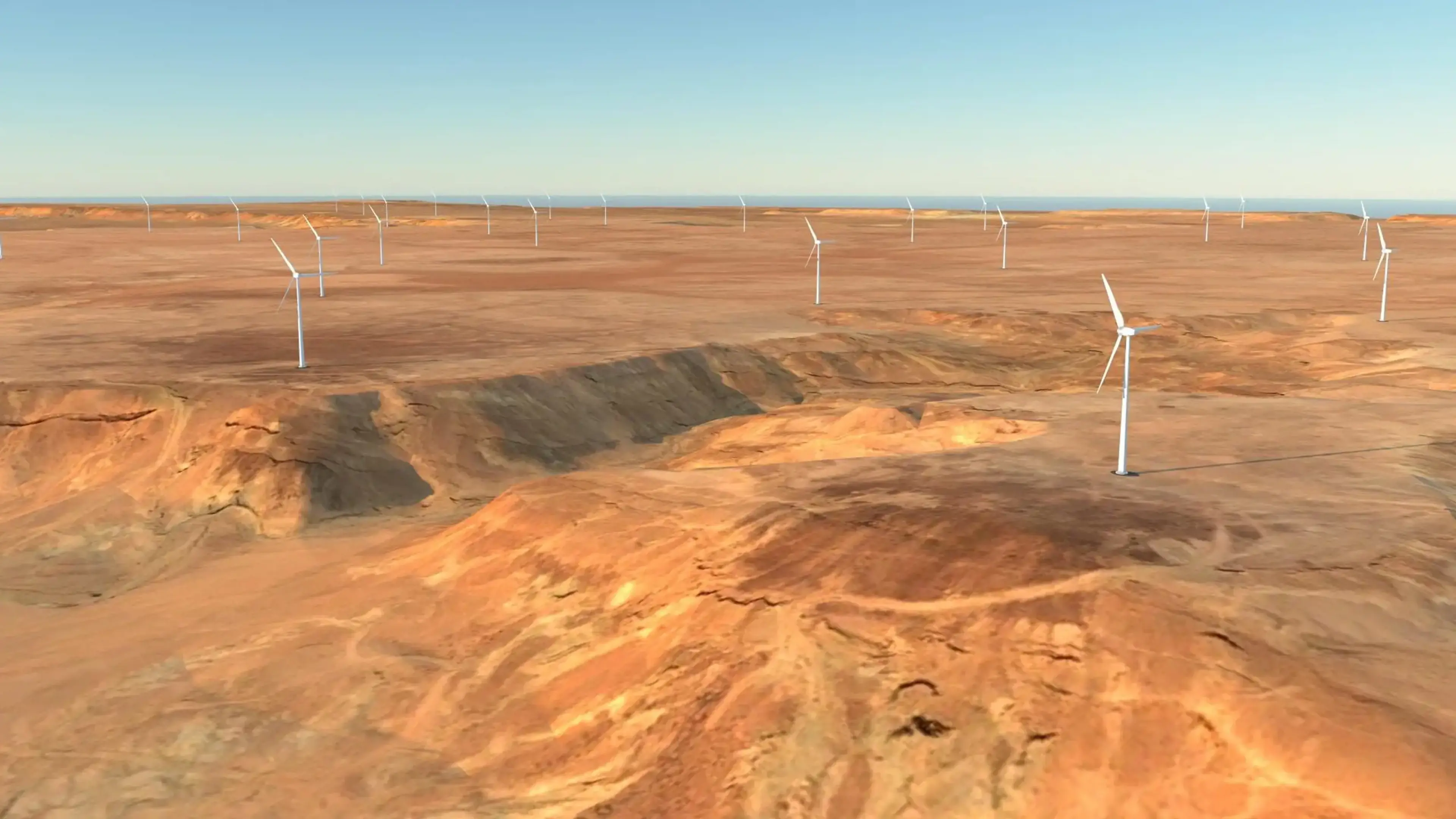
CASE STUDY
Saudi Polytechnic Institute for Renewable Energy (SPIRE)
SPIRE was established in 2022 with the support of the Ministry of Energy and Saudi Arabia’s technical and vocational training authorities. Strategically located in the northern Al-Jouf region on the global solar belt and close to several renewable projects, it seeks to provide an unparalleled training environment.
We spoke with SPIRE’s Chairman, Majid Al-Refae, about what to expect in the coming years.
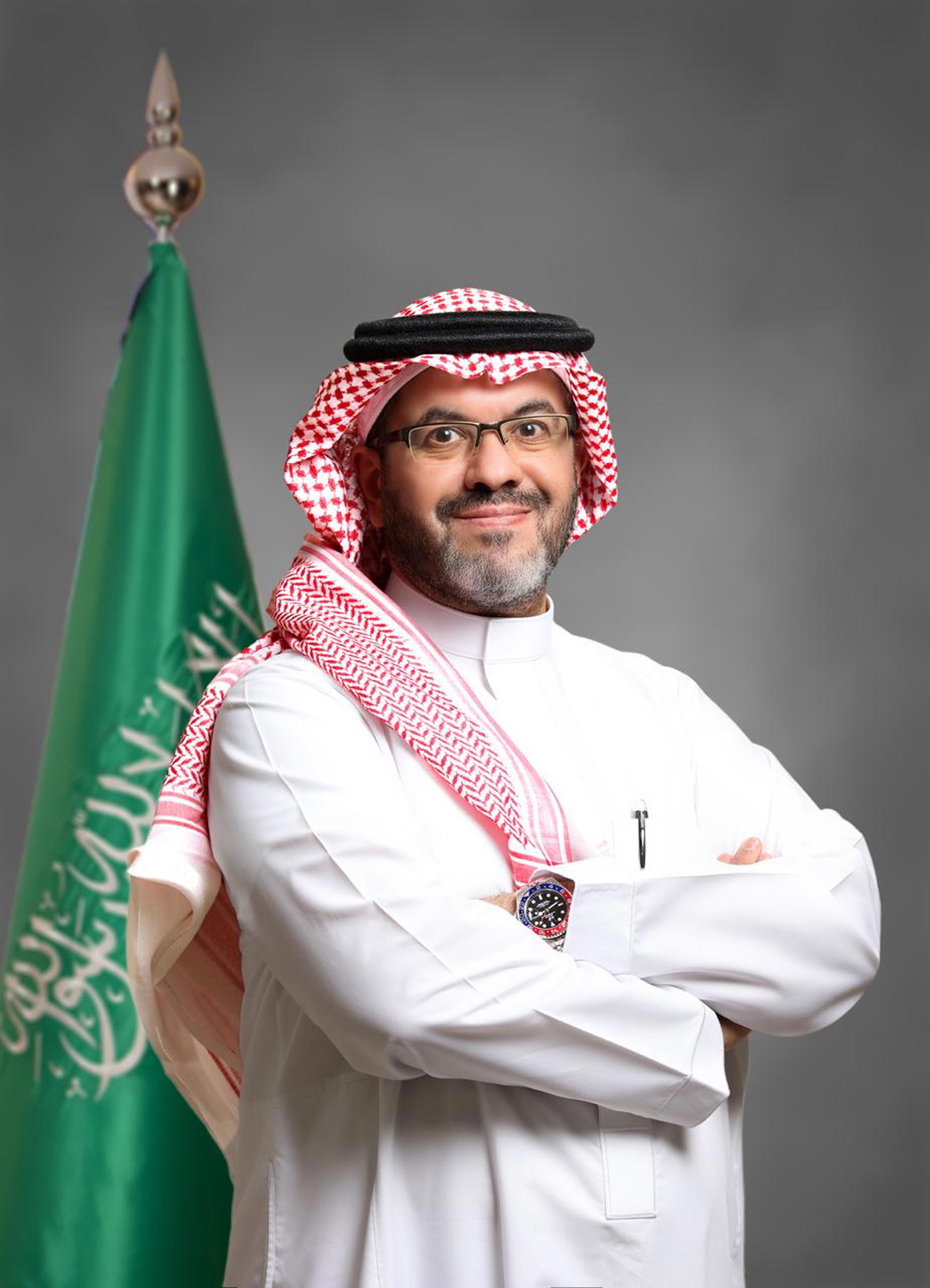
Inside Saudi (IS) – Why was SPIRE established and what are its training goals?
Majid Al-Refae (MAR) – Our focus is on meeting the local market’s demands for trained and professional manpower in the renewables field.
We recently signed a training support agreement with the Human Resources Development Fund to empower and qualify 875 national trainees in specialised technical and engineering fields within renewables, with support amounts reaching SAR 139M ($37M). This aligns with Vision 2030 objectives to develop human capital and localise future jobs.
Training here is based on the apprenticeship-to-employment principle, with all trainees who pass the selection tests contracted by renewable project companies in the Kingdom.
IS – What are the key programs and specialties on offer?
MAR – SPIRE’s programs meet the renewables sector's needs in fields such as management, operations, maintenance, governance and compliance. We have diploma, professional development and certification, and targeted training solutions tracks.
These will be supported by accreditation programs for curricula, training pathways, trainers, and quality that meet the needs of companies in this promising sector in collaboration with relevant parties.
Regarding specialties, SPIRE has started with solar and wind and will gradually target others such as hydrogen, carbon capture and storage, energy project management, energy storage and conservation, energy efficiency and electrical mechanics.
Additionally, we will aim to be able to offer remote training and may consider accepting external training applications.
IS – How is SPIRE making the renewables field attractive and accessible for young Saudis, particularly women?
MAR – Our vision is clear: harness the potential of all citizens to make renewables a cornerstone of opportunity and innovation.
Our specialised programs are designed to meet the unique needs of young Saudis, with a strong emphasis on empowering Saudi women. By offering flexible learning options, mentorship programs, and hands-on training, we ensure a supportive and practical environment.
We also foster community, support and collaboration by organising networking events and creating strong industry connections. This ensures students have clear pathways to employment.
IS – How will SPIRE strengthen the case for investing in Saudi renewables?
MAR – SPIRE is directed towards not only meeting current operational goals, but also aligning with longer-term aspirations to attract and retain foreign investments.
Our long-term goals include helping Saudi Arabia’s renewables sector to understand the needs and interests of foreign investors and develop tailored communication and engagement strategies.
The ultimate aim is to create a sustainable, investor-friendly environment that supports the overarching goal of expanding and strengthening the sector.
IS – Looking ahead, what are your hopes for Saudi Arabia’s renewables sector and SPIRE over the next decade?
MAR – I hope Saudi’s renewables sector continues to experience significant growth and lead in sustainable energy solutions. With vast solar and wind resources, the country has the potential to generate clean energy on a large scale, reducing its carbon footprint and fostering economic diversification.
As for SPIRE, I envision it playing a pivotal role in helping to drive innovation in renewable technologies and perhaps partnering with international entities on cutting-edge projects and solutions that further boost renewables adoption.
We will also aim to explore in collaboration with strategic partners such as universities, whether local or international, topics related to training methods, predicting the skills and knowledge needed by the labour market, global best practices and developing training packages and curricula.
Infrastructure is easy to build. Competence must be developed. By investing in education and workforce development, SPIRE will nurture a new generation equipped to lead. Overall, I hope SPIRE contributes significantly to a greener, more sustainable future.
Images used with the support of SPIRE and the respective projects.
